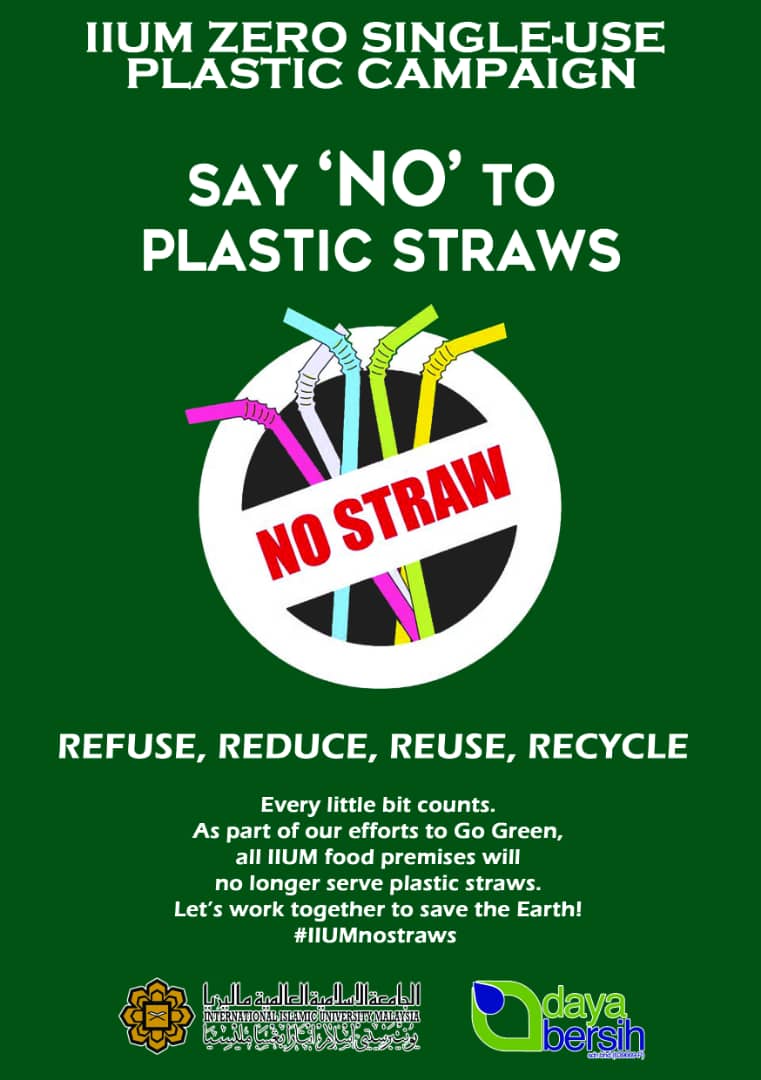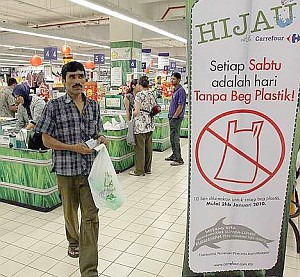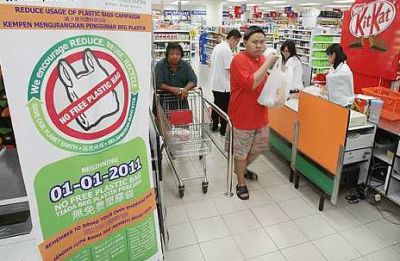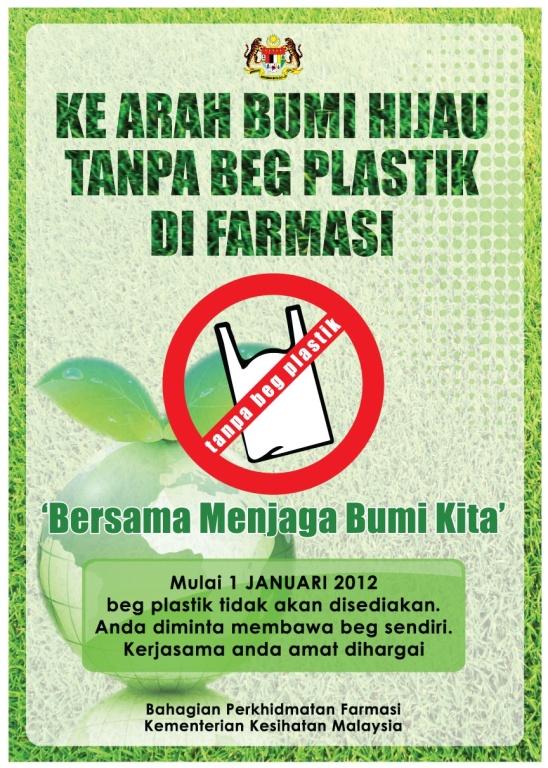No Plastic Bag Campaign In Malaysia

The no plastic bag campaign is set to be re launched in august.
No plastic bag campaign in malaysia. Malaysians use up about 31 million plastic straws every day which is enough to fill up eight school buses per day 57 per week and 2 920 per. Mohamad said the implementation of the zero plastic bag policy or campaign would enable other quarters to profit. The weekly no plastic bag campaign day comprises of an added charge of myr 0 20 usd 0 06 per plastic bag in supermarkets and grocery stores. The supermarket and business owners can make money by selling plastic.
In 2016 indonesia conducted a three month trial that placed a fee for plastic bags in mega cities such as jakarta. The objective is to reduce plastic bag consumption and save the environment. Penang is the first state to introduce a no free plastic bag campaign back in 2009 and a ban on polystyrene in 2012. The challenges faced by the malaysian government in implementing no plastic bag campaign.
The necessity to understand different mentality and behavioral pattern of consumers in embracing green consumption behavior. The objective is to reduce plastic bag consumption. This follows the scrapping of the prog ramme in may 2015 when the use of funds collected from the sale of plastic bags to shoppers was questioned. Selangor s no plastic campaign would not achieve its objectives if the state government still allowed the sale of plastic bags to shoppers said urban wellbeing housing and local.
The weekly no plastic bag campaign day comprises of an added charge of myr 0 20 usd 0 06 per plastic bag in supermarkets and grocery stores. The weekly no plastic bag campaign day comprises of an added charge of myr 0 20 usd 0 06 per plastic bag in supermarkets and grocery stores. However the campaign has provoked a range of reactions from the public including consumers policy makers environmentalists and the plastic industry. Sabah to bring back no plastic bag campaign.
However despite plastic bag usage falling by more than 50 per cent as a result of the initiative retailers refused to sustain the tax arguing that there was no sound legal basis for the controversial policy. Expected learning outcomes this case illustrates. Melawani said both these campaigns were successful after extensive awareness campaigns.


















